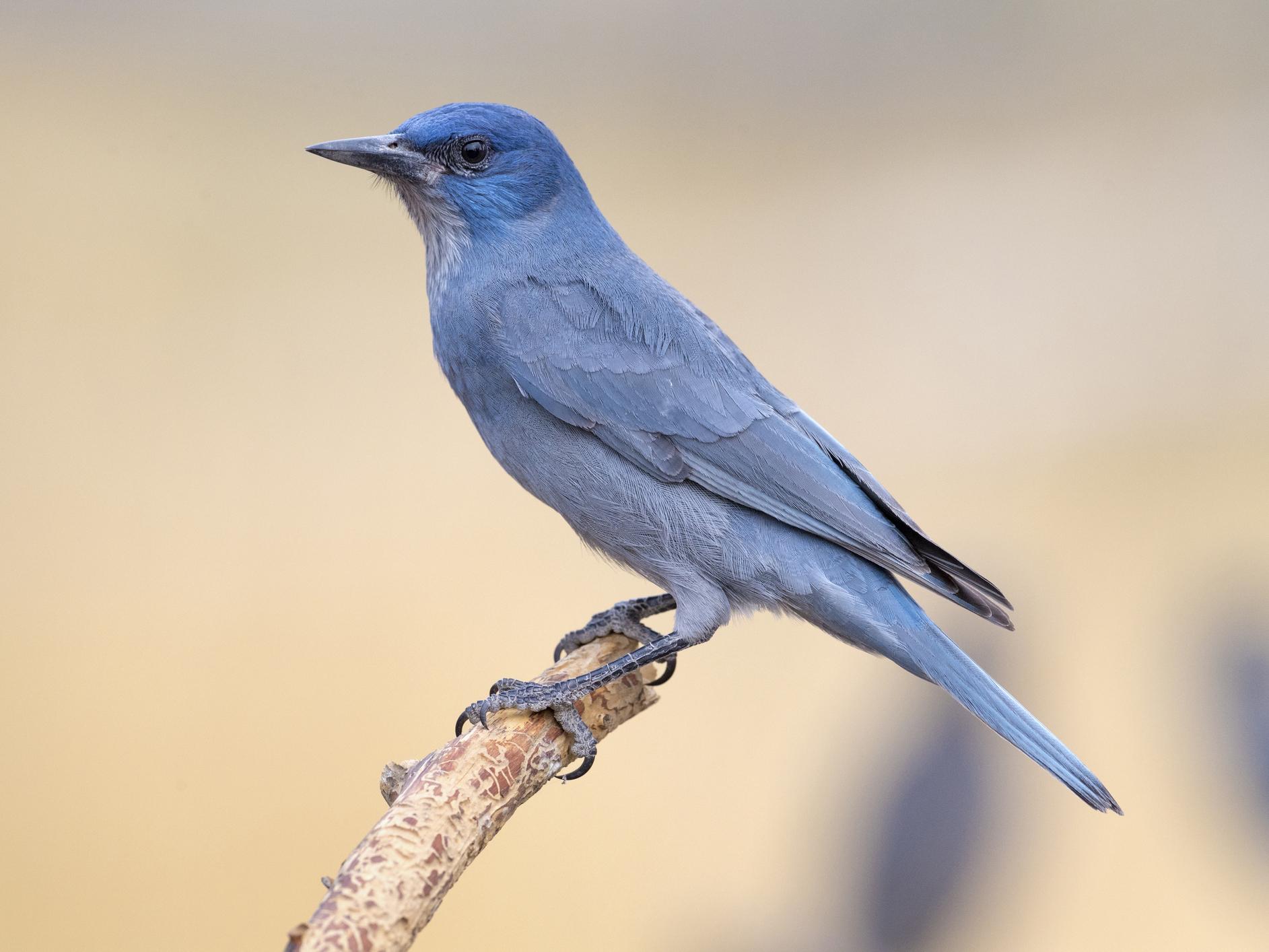‘Love hormone’ identified in birds that makes them more generous
Pinyon jays became more likely to share food when given high doses of 'bird oxytocin'

Your support helps us to tell the story
From reproductive rights to climate change to Big Tech, The Independent is on the ground when the story is developing. Whether it's investigating the financials of Elon Musk's pro-Trump PAC or producing our latest documentary, 'The A Word', which shines a light on the American women fighting for reproductive rights, we know how important it is to parse out the facts from the messaging.
At such a critical moment in US history, we need reporters on the ground. Your donation allows us to keep sending journalists to speak to both sides of the story.
The Independent is trusted by Americans across the entire political spectrum. And unlike many other quality news outlets, we choose not to lock Americans out of our reporting and analysis with paywalls. We believe quality journalism should be available to everyone, paid for by those who can afford it.
Your support makes all the difference.Administering birds with a “love hormone” similar to one found in humans, makes them more generous to their friends.
Oxytocin is a chemical messenger found in the human brain that has gained popular recognition due to its role in regulating behaviours as diverse as empathy, orgasms and bonding between mothers and babies.
But despite its involvement in complex behaviours that seem very human, oxytocin is also found in other animals.
“Oxytocin is what we call this hormone in mammals, however, the hormone itself is evolutionary ancient and found in animals that are only very distantly related to mammals,” Dr Juan Duque, a neuroscientist at the University of Nebraska-Lincoln told The Independent..
“We call this hormone ‘mesotocin’ in birds, but this is essentially avian oxytocin.”
Less clear to scientists is to what extent the effects observed in humans and other mammals can be applied to birds.
So Dr Duque and his colleagues investigated the pinyon jay – a highly social bird related to crows.
Pinyon jays are known to voluntarily share food with each other. In animals, actions like this that benefit others are often termed “prosocial”.
The scientists wanted to establish if mesotocin, like its human equivalent, had a role in guiding social behaviour.
They designed experiments in which jays were given the option to feed themselves and also their fellow birds in neighbouring cages with tasty mealworms. These experiments confirmed that the jays were often willing to provide their fellows with food.
Next, the researchers administered solutions containing very high concentrations of the bird “love hormone” into the noses of their jay subjects and then watched how it affected their interactions with each other.
They found that the mesotocin boost was enough to make the birds more generous, as evidenced by their increased willingness to share food.
The results of these experiments were documented in the journal Biology Letters.
Having established that, like oxytocin in mammals, mesotocin appears to play a key role in bird prosocial behaviour, the scientists say the question that remains is why jays have this capacity for kindness.
“One possibility is that food sharing and other prosocial behaviours are tied to social bonds – formation of new bonds as well as maintenance of pre-existing ones,” said Dr Duque.
“Thus, pinyon jays might use various prosocial behaviours as an affiliate behaviour; a way to increase their social connections.”
Join our commenting forum
Join thought-provoking conversations, follow other Independent readers and see their replies
0Comments